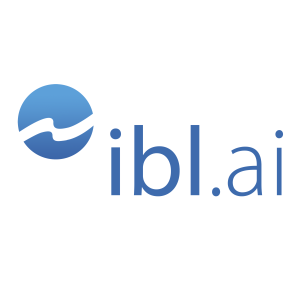
Friday Jun 13, 2025
Springer: Why AI Will Not Democratize Education – A Critical Pragmatist Perspective
Summary of https://link.springer.com/article/10.1007/s13347-025-00883-8
This academic paper argues from a Deweyan perspective that artificial intelligence (AI), particularly in its current commercial Intelligent Tutoring System form, is unlikely to democratize education.
The author posits that while proponents focus on AI's potential to increase access to quality education, a truly democratic education, as defined by John Dewey, requires cultivating skills for democratic living, providing experience in communication and cooperation, and allowing for student participation in shaping their education.
The paper suggests that the emphasis on individualization, mastery of curriculum, and automation of teacher tasks in current educational AI tools hinders the development of these crucial democratic aspects, advocating instead for public development of AI that augments teachers' capabilities and fosters collaborative learning experiences.
- The paper argues that current commercial AI, especially Intelligent Tutoring Systems (ITS), is likely to negatively impact democratic education based on John Dewey's philosophy.
- A Deweyan understanding of democratic education involves preparing students for democratic living, incorporating democratic practices, democratic governance, and ensuring equal access. The paper contrasts this with a narrow view often used by AI proponents, which primarily focuses on increasing access to quality education.
- Current commercial educational AI tools are characterized by an emphasis on the individualization of learning, a narrow focus on the mastery of the curriculum, and the automation of teachers' tasks.
- These characteristics are seen as obstacles to democratic education because they can deprive children of experiences in democratic living, hinder the acquisition of communicative and collaborative skills, habituate them to environments with little control, and reduce opportunities for intersubjective deliberation and experiencing social differences.
- Increased reliance on AI from private companies also poses a threat by reducing public influence and democratic governance over education and creating environments where students have little say. While current AI poses challenges, the author suggests alternative approaches like using AI to augment teachers or for simulations could better serve democratic goals.
No comments yet. Be the first to say something!